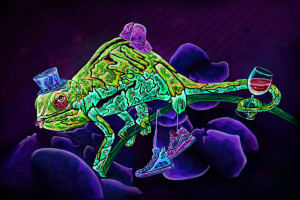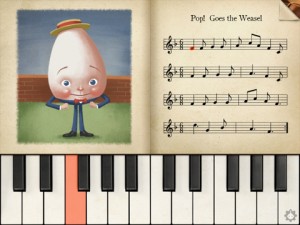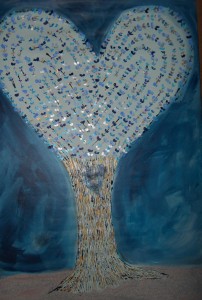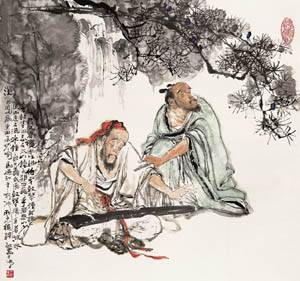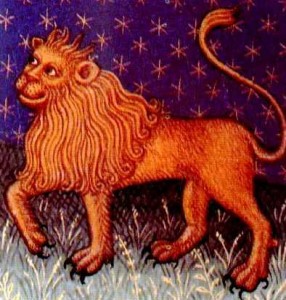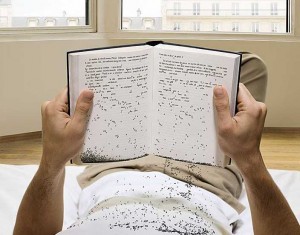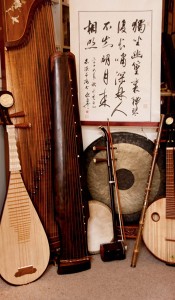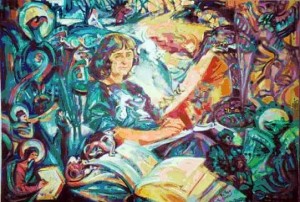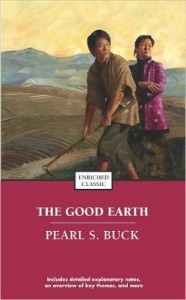 The Chinese couple came toward me. The man was tall and skinny. The woman, sturdy in her fifties, greeted me with a smile. They had gotten lost, walked up and down the wrong street looking for my house number.
The Chinese couple came toward me. The man was tall and skinny. The woman, sturdy in her fifties, greeted me with a smile. They had gotten lost, walked up and down the wrong street looking for my house number.
The job interview was for the man, but the wife tagged along just in case. They were farmers in China.
“Wife and I used to work on ten acres of land, just the two of us,” said the man.
“He’s a good person. Has compassion. Will take care of your father well,” the woman chimed in. “I work two jobs, also taking care of old folks. We’ve been doing this for nine years.”
In Pearl Buck’s Good Earth, her characters, Wang Lun and O Lan, worked in the fields, just the two of them. They suddenly came to life, sitting across the table from me.
“How is life here?” I asked.
“Much better than China,” the man said.
They used to work all day in the fields. Now they work all day in houses. There is not much difference. Life, to them, is work.


